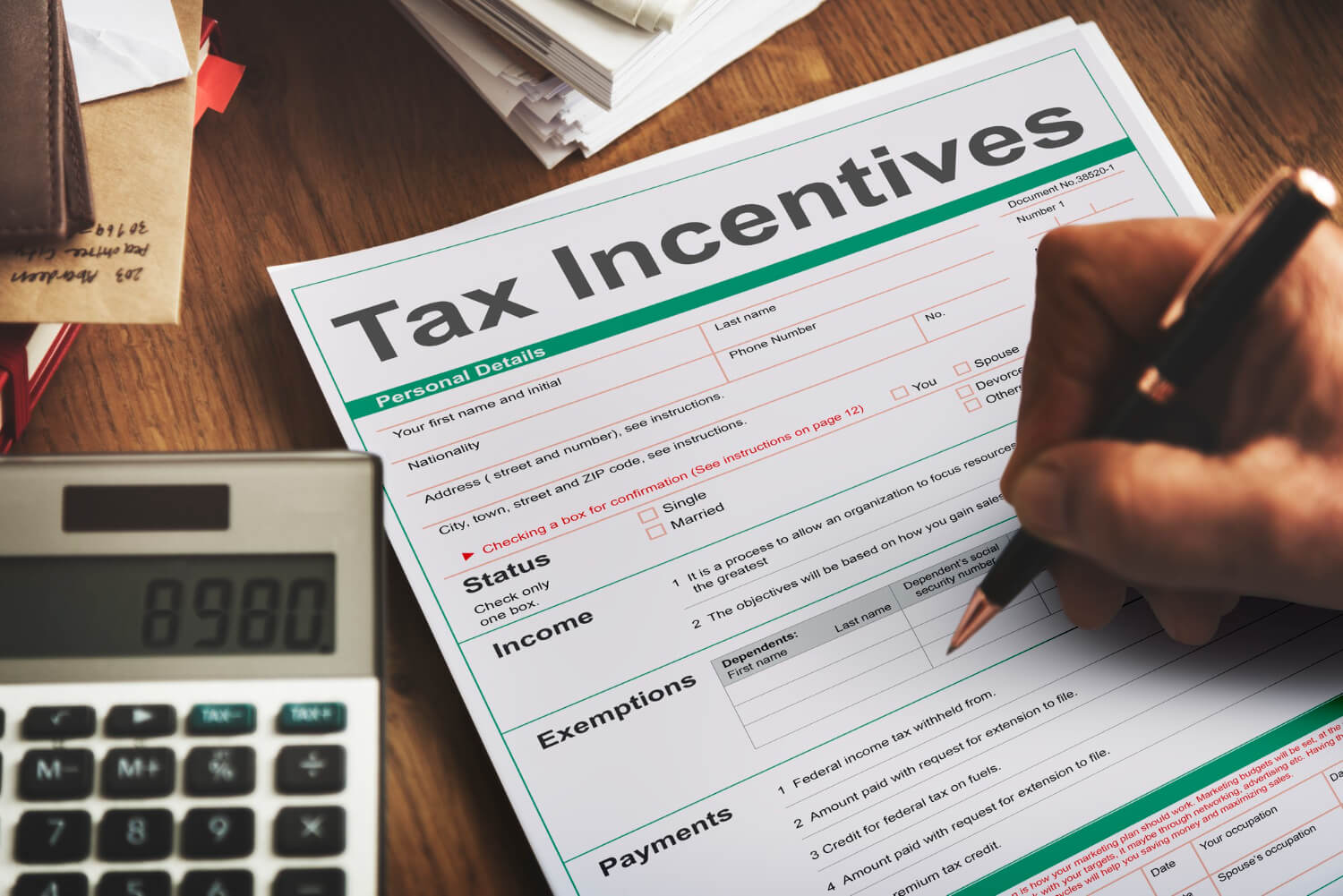The earned income disallowance (EID) is a lesser-known tax provision that can impact individuals who receive certain forms of public assistance. Designed to encourage employment while gradually reducing reliance on government benefits, the EID allows recipients to exclude a portion of their earned income from being counted when determining eligibility for certain programs. But how does it work, and what are the implications for your tax benefits?
In this guide, we’ll break down what the earned income disallowance is, who can benefit from it, and how it can affect your overall tax situation.
What Is Earned Income Disallowance?
Earned income disallowance is a program that primarily benefits individuals who are transitioning from public assistance to employment. Under this provision, when someone begins earning income through work, a portion of their wages is excluded from being counted toward their total income. This exclusion allows individuals to continue receiving certain benefits, such as housing assistance or welfare payments, even as they start earning a salary.
For example, in the first 12 months of employment, 100% of the individual’s earned income may be excluded from their income calculation for public assistance purposes. In the next 12 months, 50% of their earnings might be excluded. This gradual reduction aims to ease the financial transition from public assistance to self-sufficiency.
How Does Earned Income Disallowance Affect Your Taxes?
The earned income disallowance can have significant implications for your tax benefits, particularly when it comes to your taxable income. While the EID affects how your income is calculated for public assistance, it doesn’t exempt your earned wages from being taxed. This means that although a portion of your income is excluded for benefit calculations, you may still be responsible for paying taxes on those earnings.
Additionally, understanding the nuances of the earned income disallowance is essential, especially when it comes to reporting income correctly on your tax return. Failure to report accurately could lead to complaint resolution for IRS penalties, as discrepancies between reported income and actual earnings may trigger IRS scrutiny or penalties.
Who Benefits from Earned Income Disallowance?
The earned income disallowance primarily benefits individuals receiving housing assistance, such as those in public housing or Section 8 programs. These individuals can work without immediately losing their benefits, making it easier to transition to financial independence. However, the EID is not a permanent exclusion, and after the designated time period, all earned income will be counted toward eligibility for assistance programs.
This program is also beneficial for individuals who want to work but are concerned that taking a job could jeopardize their access to crucial services, such as affordable housing. The EID offers a buffer, allowing for increased income without an immediate loss of assistance.
How Can a Tax Debt Attorney Help?
While the earned income disallowance provides a valuable benefit for those transitioning from public assistance to work, it can also create complexities in tax reporting. Misunderstandings about how to report income accurately may lead to IRS penalties or disputes. Working with a tax debt attorney can be invaluable in ensuring that your income is reported correctly and in resolving any issues that may arise with the IRS.
A tax debt attorney can also assist in handling disputes, negotiating settlements, or defending against IRS penalties related to errors in tax filings. Whether you need help navigating complex tax laws or addressing complaints about tax penalties, professional legal assistance can offer peace of mind and a resolution to any ongoing issues.
To learn more about the IRS penalty compilation resolution process, feel free to check out this free online resource.
Conclusion
The earned income disallowance is a valuable tool for individuals transitioning from public assistance to employment, allowing them to retain some benefits while increasing their income. However, it’s important to understand how this disallowance affects your tax responsibilities and ensure that your earnings are reported accurately to avoid any tax-related complications. For those dealing with issues like complaint resolution for IRS penalties, consulting a tax debt attorney can be a critical step in protecting your financial future.
